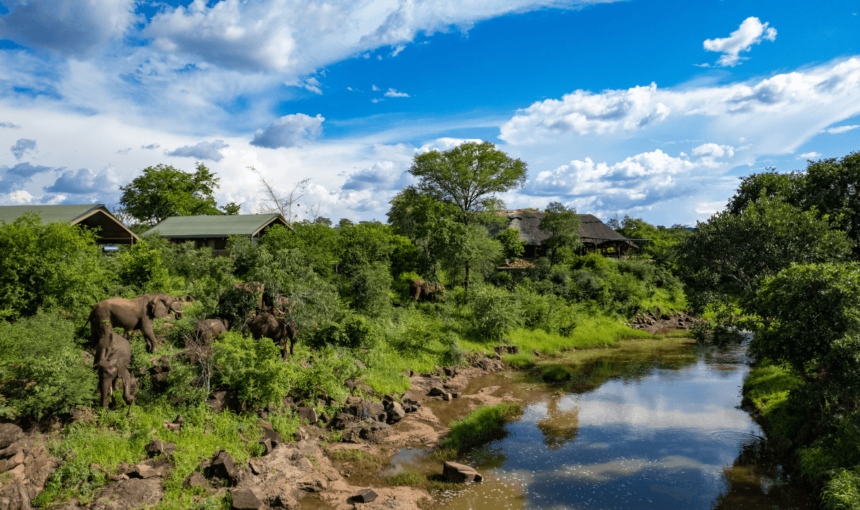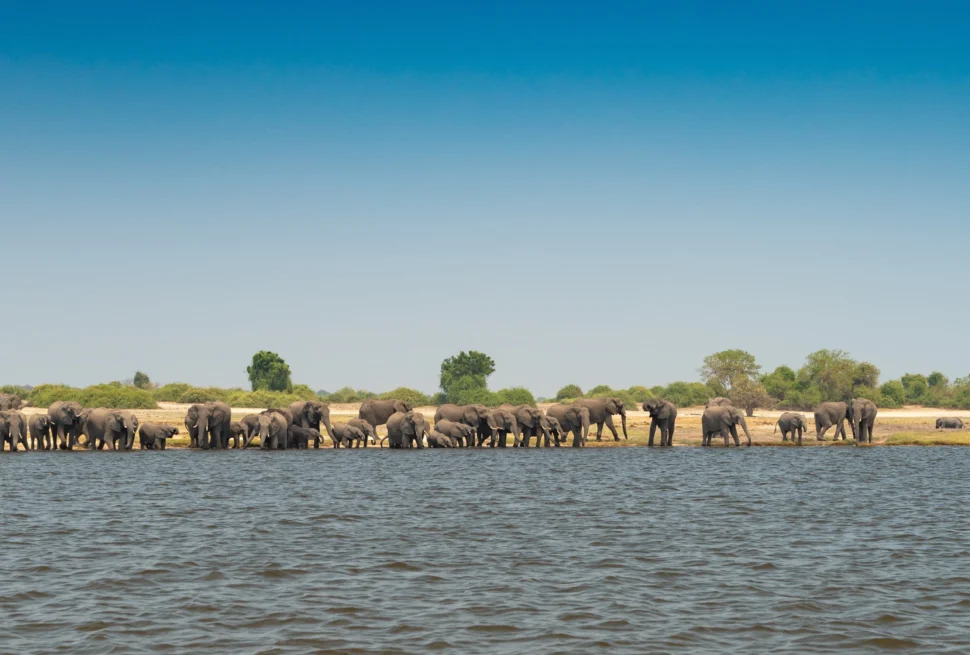Introduction:
Are you an avid traveller who also has a passion for wildlife conservation? Combining luxury travel with efforts to protect and conserve wildlife can be a truly transformative experience. In this article, we will explore how luxury travel can support wildlife conservation initiatives, showcasing the importance of sustainable tourism and the positive impact it can have on our planet's biodiversity. Get ready to embark on an adventure that not only indulges your senses but also helps preserve the magnificent creatures we share this world with.
Supporting Local Communities for Conservation
Luxury travel provides an opportunity to support and empower local communities that are instrumental in wildlife conservation efforts. When you choose to stay in luxury accommodations, such as eco-lodges or boutique hotels, you directly contribute to the well-being of the surrounding communities. These establishments often prioritize hiring and training local residents, providing them with stable employment and income. By investing in the local economy, luxury travellers help create a sustainable future for both humans and wildlife.

Examples of Community-Led Conservation Projects
- The South Luangwa Conservation Society in Zambia, supported by various luxury lodges, collaborates with local communities to combat poaching. They provide training and employment opportunities to the local population, enabling them to actively participate in wildlife protection.
- The Maasai Mara Wildlife Conservancies Association in Kenya works closely with luxury tented camps, offering tourists an authentic experience while generating revenue for conservancy projects. This model ensures that the local Maasai community benefits directly from wildlife conservation efforts.
Environmental Sustainability in Luxury Travel
Luxury travel and wildlife conservation can go hand in hand when environmental sustainability practices are implemented. Many luxury resorts and tour operators have taken significant steps to minimize their carbon footprint and protect the delicate ecosystems they operate in. From utilizing renewable energy sources to implementing waste reduction measures, these institutions are leading the way towards a more environmentally-conscious travel industry.


Noteworthy Sustainable Luxury Initiatives
- Singita is a prime example of luxury properties operating sustainably. Powered entirely by renewable energy, these eco-resorts use innovative solutions like solar energy to reduce their impact on the environment while offering guests an unforgettable experience.
- Luxury cruise operators such as Lindblad Expeditions have also been at the forefront of promoting sustainable travel. Their ships are equipped with cutting-edge technology to reduce emissions and minimize waste, while expert guides educate guests about the importance of wildlife conservation.
Conservation-Focused Experiential Travel
Luxury travel can provide immersive experiences that educate and inspire travellers about wildlife conservation. Beyond enjoying luxurious amenities, travellers can engage with local conservation organizations, participate in wildlife research programs, and witness conservation efforts firsthand. These experiences not only leave a lasting impact on travellers but also foster a deeper understanding of the need to protect endangered species and their habitats.
Unique Opportunities for Engaging Conservation Experiences
- Luxury African safaris often collaborate with research and conservation organizations, allowing travellers to join scientists in wildlife monitoring activities. This hands-on approach affords guests a chance to contribute to vital scientific research while getting up close and personal with wild animals.
- In the Galápagos Islands, luxury yachts partnered with local conservation organizations offer guests the chance to accompany marine biologists on their fieldwork. This enables visitors to witness delicate ecosystems and understand the importance of preserving these unique habitats.
"Luxury travel and wildlife conservation create opportunities for travellers to contribute positively to environmental preservation." - Wildlife Conservation Society
The Economic Value of Wildlife Tourism
Wildlife tourism brings significant economic benefits to local communities, making it a crucial aspect of conservation efforts. Luxury travellers are willing to pay a premium for unique experiences, and these expenditures directly contribute to conservation initiatives. The revenue generated from luxury travel can fund anti-poaching patrols, habitat restoration projects, and wildlife research, ultimately providing the necessary resources for effective conservation.
Success Stories of Wildlife Tourism Contributions
- The Gorilla Highlands Initiative in Uganda and Rwanda showcases how luxury gorilla trekking experiences have played an instrumental role in protecting critically endangered mountain gorillas. Tourism revenue has enabled increased protection measures, benefiting both the gorillas and local communities.
- The Peruvian Amazon Rainforest has seen significant conservation progress due to upscale eco-lodges that encourage responsible tourism. The funds generated have been vital in preserving the region's biodiversity and supporting wildlife research projects.

Conclusion:
Luxury travel can be both a lavish indulgence and a powerful tool for wildlife conservation. By supporting local communities, embracing sustainability practices, engaging in conservation-focused experiences, and contributing economically, travellers can make a meaningful difference. So, why not embark on your next adventure with a purpose? Let luxury travel and wildlife conservation come together to create an unforgettable journey that leaves a positive impact on the planet and its magnificent creatures.
"Traveling sustainably in luxury enhances your experience while ensuring a better future for wildlife." - National Geographic
For more information on luxury travel and wildlife conservation, please visit the following sources:
- South Luangwa Conservation Society - southluangwaconservation.org
- Maasai Mara Wildlife Conservancies Association - marawildlife.com
- Singita - singita.com
- Lindblad Expeditions - expeditions.com
- National Geographic - nationalgeographic.com


